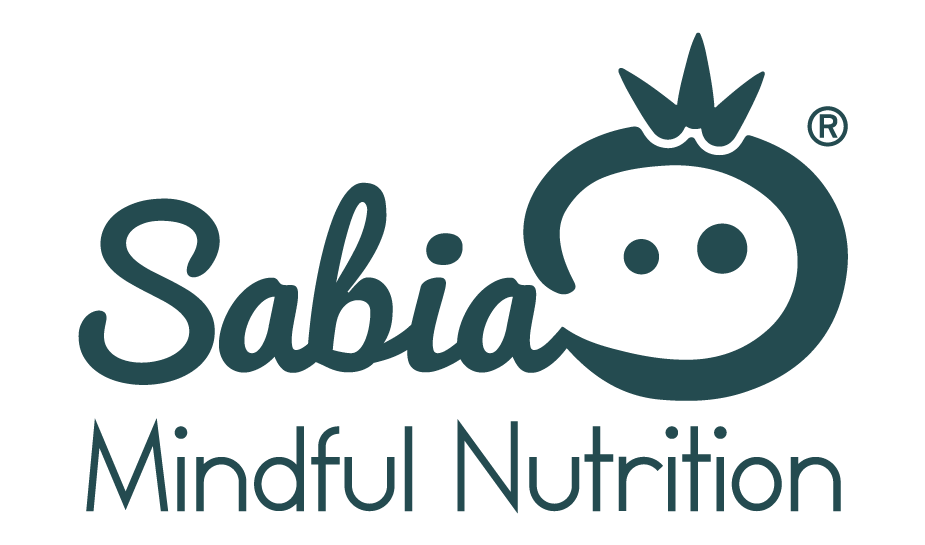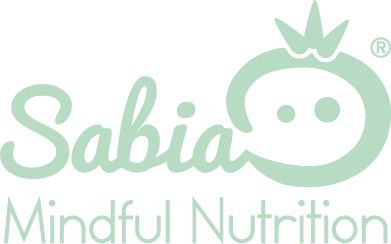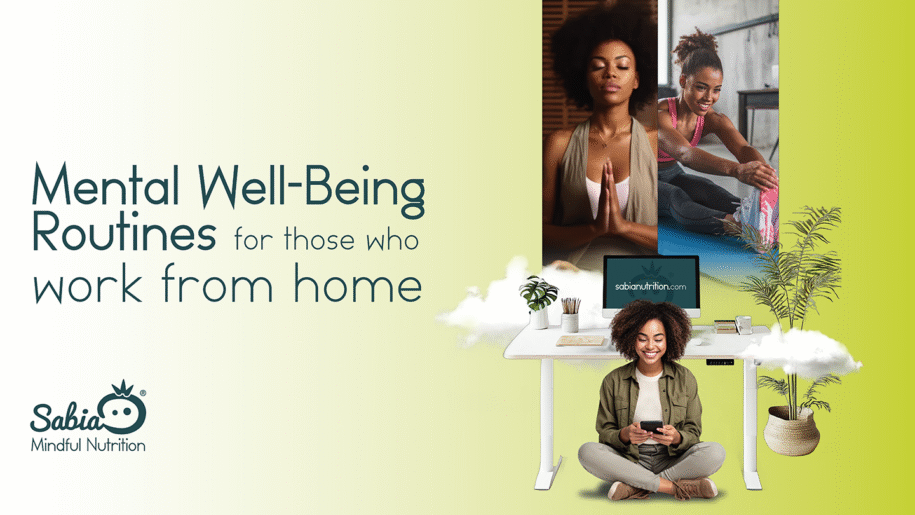Mental Well-Being Routines for Those Who Work From Home
Working from home can offer flexibility and comfort, but it also brings unique challenges to mental well-being. Without the clear boundaries of a traditional office, it can be easy to blur the lines between work and personal life, leading to burnout, stress, or isolation. To maintain a healthy mind, it’s essential to implement mental well-being routines into your day. Here are some strategies to ensure your mental health stays on track while working from home.
1. Set Clear Boundaries Between Work and Personal Life
One of the most significant challenges of remote work is the lack of separation between your professional and personal lives. Create a designated workspace and establish clear working hours. When you finish work, step away from your desk and do something different to signal the end of the day.
2. Take Regular Breaks for Mental Recharge
It’s essential to take breaks throughout the day to prevent burnout. Try using the Pomodoro Technique—work for 25 minutes, then take a 5-minute break. After four cycles, take a longer 15–30 minute break. These short breaks give your brain a chance to rest, leading to improved focus and creativity.
3. Practice Mindfulness and Meditation
Taking a few minutes each day to practice mindfulness or meditation can reduce stress and improve your focus. Whether it’s a morning ritual or an afternoon reset, simple breathing exercises or guided meditations can bring calmness and clarity to your day. Apps like Headspace or Calm offer guided sessions for beginners.
4. Stay Physically Active
Physical activity plays a critical role in mental health. Regular exercise boosts mood, reduces anxiety, and improves focus. Consider a short walk outside during your lunch break, some light stretching, or a quick home workout. Moving your body is a great way to improve your mental clarity and energy levels.
5. Socialize Virtually
Even if you’re working from home, it’s essential to maintain social connections. Schedule virtual coffee breaks with coworkers or friends, or join online groups with shared interests. Social interaction—no matter how digital—helps combat feelings of isolation and promotes positive mental health.
6. Get Outside and Embrace Nature
Nature has a remarkable way of calming the mind. If possible, spend some time outdoors—whether it’s in your backyard or a nearby park. Fresh air and exposure to natural light help regulate your circadian rhythms, improve mood, and reduce stress.
7. Practice Gratitude
Taking a moment at the beginning or end of your day to reflect on what you’re grateful for can help shift your mindset. Writing down three things you’re thankful for each day encourages a positive outlook and fosters emotional resilience.
8. Sleep and Rest
Mental well-being is closely tied to the quality of your sleep. Ensure you’re getting enough rest by creating a bedtime routine that encourages relaxation. Avoid screens before bed, keep your sleep environment comfortable, and aim for 7-9 hours of quality sleep each night.
9. Limit Work Distractions
While working from home, distractions are inevitable. However, setting up strategies to limit distractions—like turning off social media notifications or using apps to block time-wasting sites—can help you stay focused and reduce mental fatigue.
10. Seek Professional Help When Needed
If you find yourself feeling consistently stressed, anxious, or overwhelmed, it may be time to seek professional help. Many therapists offer virtual sessions that can help you manage stress and navigate mental health challenges effectively.
Incorporating these mental well-being routines into your work-from-home lifestyle can create a healthier, more balanced life. By setting boundaries, staying active, practicing mindfulness, and maintaining social connections, you can better manage the unique stressors that come with remote work. Make your mental well-being a priority, and you’ll see improvements in your productivity, mood, and overall work-life balance.
References
-
Mindfulness-Based Stress Reduction and Health Benefits
-
Source: American Psychological Association
-
Link: https://www.apa.org
-
-
The Importance of Physical Activity for Mental Health
-
Source: National Institutes of Health (NIH)
-
Link: https://www.nih.gov
-
-
Working From Home: The Impact on Well-Being
-
Source: Harvard Business Review
-
Link: https://hbr.org
-
-
Pomodoro Technique: A Productivity Booster
-
Source: Francesco Cirillo, creator of the Pomodoro Technique
-
-
Social Support and Mental Health During Remote Work
-
Source: Psychology Today
-


